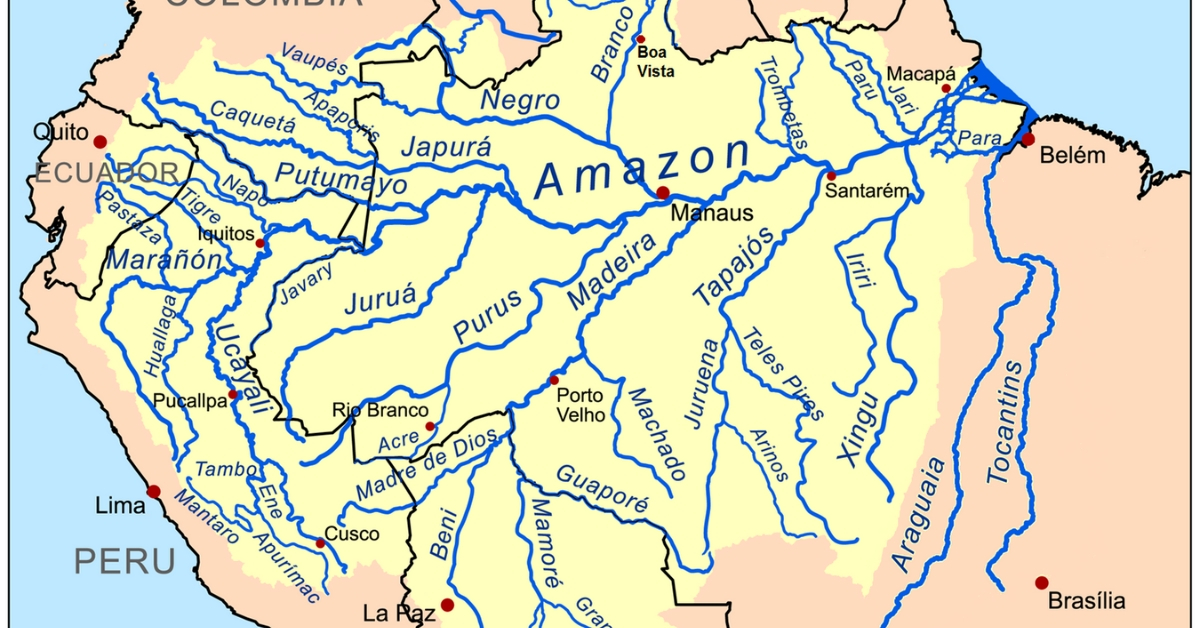
“Thus a Church called to be ever more synodal begins by listening to the peoples and to the earth, by coming into contact with the abundant reality of an Amazon full of life and wisdom but also of contrasts. It continues with the cry that is provoked by destructive deforestation and extractivist activities and that demands an integral ecological conversion.” –Working Document for the Synod of Bishops, #5
In October 2019, a Synod of Bishops for the Pan-Amazon region met in Rome to discuss the theme “The Amazon: New paths for the Church and for integral ecology.”
A synod is an assembly of Catholic bishops convened by the pope to discuss a particular issue. The last synod focused on young people.
A synod is an opportunity for the Church to conduct listening sessions with priests, the laity, and people within religious life such as sisters and brothers before the meeting. The fruits of these consultations influence the synod’s working document as well as discussions at the meeting. Each synod then produces a plan to implement its outcomes. The Amazon Synod is unique for the crucial role indigenous communities are playing in shaping the direction of this three-step process.
Pope Francis announced a Synod on the Amazon in October 2017. A few months later, in January 2018, he visited the Peruvian Amazon and met with indigenous leaders. He expressed his sorrow over the exploitation of their lands for petroleum, gas, wood, gold, and forms of industrial agriculture, as well as for conservation measures that limit access to their ancestral homes. He also said it is “essential to begin creating institutional expressions of respect, recognition and dialogue with the native peoples, acknowledging and recovering their native cultures, languages, traditions, rights and spirituality.”
Pope Francis has called the Amazon one of the “richly biodiverse lungs of our planet” (Laudato Si’, #38). The Amazon is home to one-third of the Earth’s plant and animal species, and produces one-fifth of all Earth’s flowing fresh water. It’s also one of the most powerful “carbon sinks” on the planet, removing carbon from the atmosphere and mitigating the effects of climate change. Yet, more than 20% of the Amazon has been deforested.
The region is home to nearly three million indigenous people from 390 ethnic groups who speak 240 languages. This cultural diversity presents the Church with an opportunity to build a “Church with an Amazonian face,” one that responds to the needs and unique circumstance of the people that live there. The Amazon Synod highlights the importance of how marginalized communities, including creation, are at the center of God’s presence in history.
-------
Copyright © 2025 Columban Center for Advocacy and Outreach, Washington, D.C.